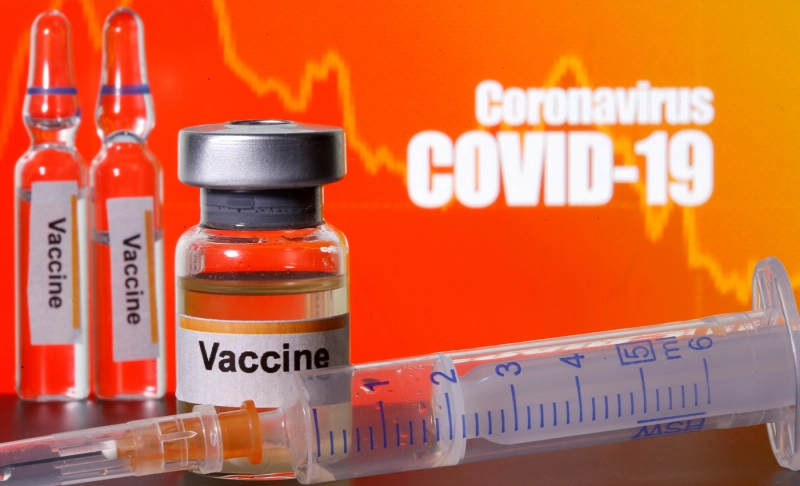By: Annet Preethi Furtado
March 3 2023
False: Smart lights are surveillance devices that can identify the luciferase in COVID-19 vaccines.

The Verdict False
COVID-19 vaccines do not contain luciferase, and smart lights cannot identify people who have received the vaccines.
Context
A viral Instagram post carries a screenshot of a tweet that claims "smart lights are bioweapons which can detect the 'Luciferase' in the jab...it glows under UV..if you are unjabbed it can fire harmful microwave 5G radiation at you…."
We tracked the image in the tweet to a video with the caption "smart lights to track you." In this video, conspiracy theorist Chris Saccoccia, who uses the pseudonym Chris Sky, claimed that a whistleblower from the city of Edmonton, Ontario, had informed him that all city lights were being replaced with internet-connected smart lights. Saccoccia also claims that Signify, formerly Philips, stated in their press releases that smart light devices use an open, connected infrastructure to gather data about their surroundings, people, and events. He cites examples of street lights being upgraded with smart lights to bolster his claims that the World Economic Forum (WEF) has partnered with governments to install smart lights to track people.
In Fact
The tweet claims that smart lights can identify luciferase in COVID-19 vaccines and track an individual's vaccination status. While luciferase was utilized in research, the enzyme is not present in any of the COVID-19 or mRNA vaccines.
Luciferase is a light-producing enzyme found in fireflies and other luminous organisms. Because of the enzyme's ability to glow, researchers used it to track the mRNA of the COVID-19 vaccination in some animal trials in the development of COVID-19 vaccines. Researchers at the University of Texas Medical Branch in Galveston also used luciferase enzymes in July 2020 to accelerate the development of vaccines and diagnostic procedures. Similarly, the University of South Florida College of Public Health researchers used it to identify which cells were most vulnerable and how successfully a coronavirus proxy invaded cells. Since luciferase isn't included in any of the COVID-19 vaccines, the claim that smart lights can track people's vaccination status through the enzyme is false.
The post's claim that smart lights can ''fire harmful 5G radiation'' toward a particular group, such as unvaccinated people, is also unsupported by scientific evidence. While some experts continue to contest whether 5G radiation is harmful, the International Telecommunication Union (ITU), a specialized agency of the United Nations, state that electromagnetic fields from 4G and 5G networks do not pose an increased health risk when exposed to the human body. The World Health Organization (WHO) and FDA have stated that 5G is safe.
Conspiracies surrounding smart street lights range from claims that people who have received the COVID-19 vaccination glow beneath them to the belief that companies installing such smart lights are helping the WEF in its mission to track and enslave people worldwide. The WEF and its founder Klaus Schwab, routinely feature in conspiracy theories and misleading claims that fact-checking organizations have repeatedly debunked.
This narrative ties into the Great Reset conspiracy theory, a false belief that the WEF is collaborating with governments to control everything from transportation and housing to enslaving people. Chris Saccoccia is a Canadian conspiracy theorist well known for his role in the anti-mask, anti-lockdown, and anti-vaccine campaigns during the COVID-19 pandemic.
The Verdict
The luciferase enzyme is absent in COVID-19 vaccines. No evidence supports the claim that such lights can emit harmful 5G radiation toward the unvaccinated. Therefore, we have marked the claim as false.


